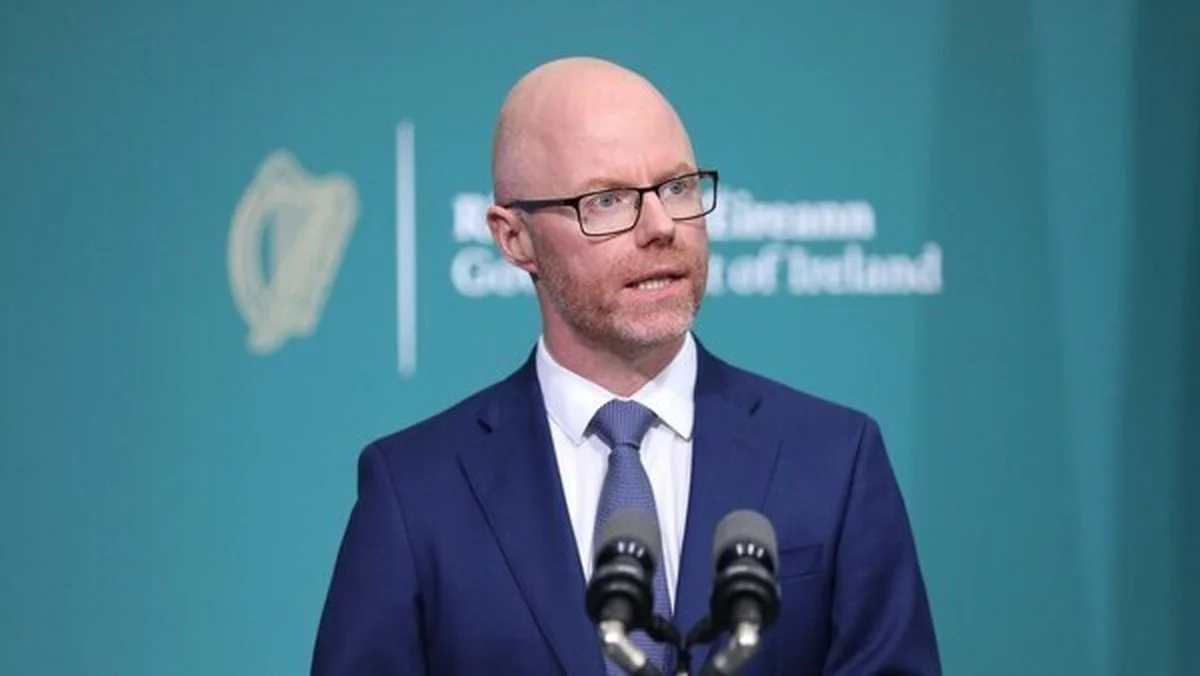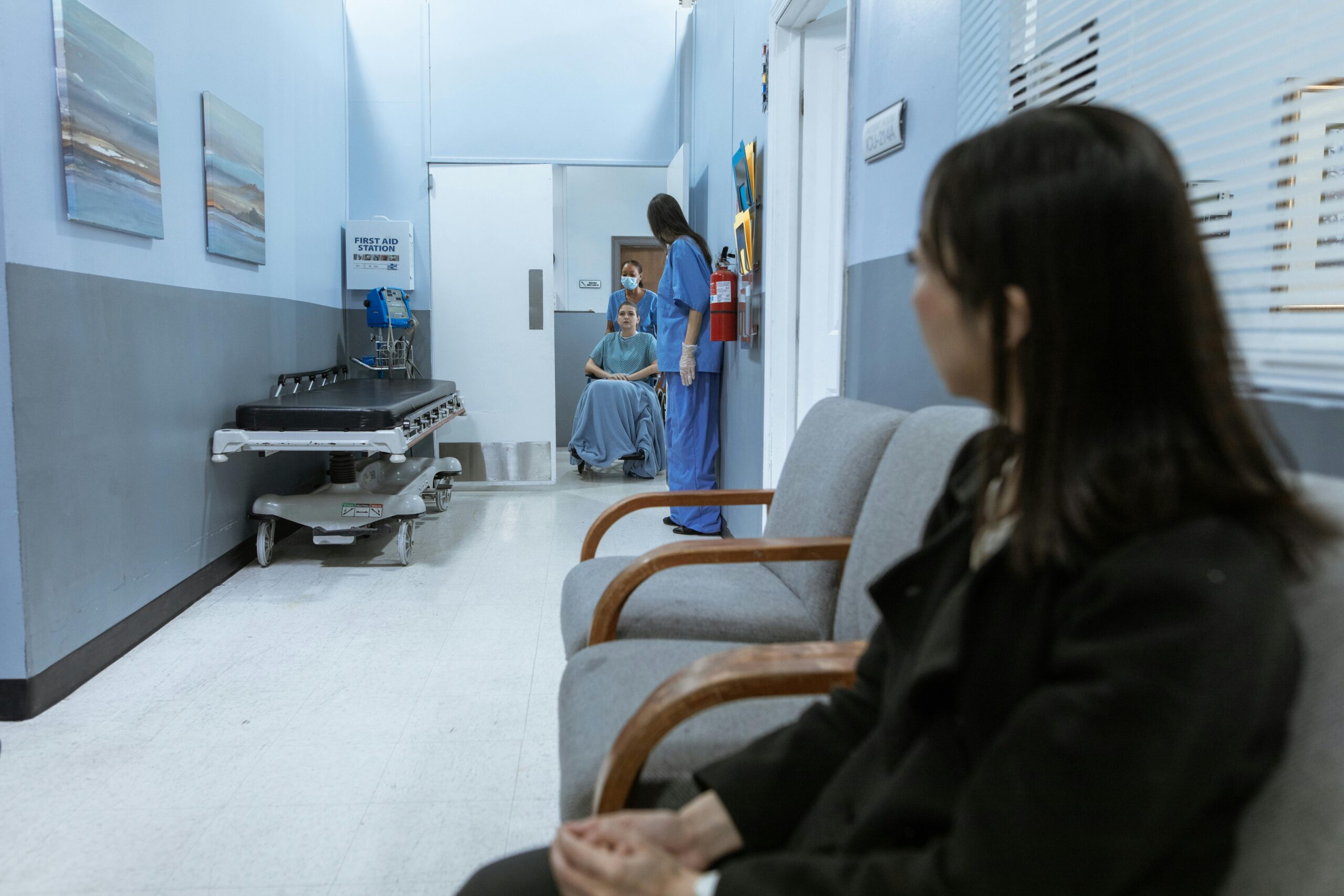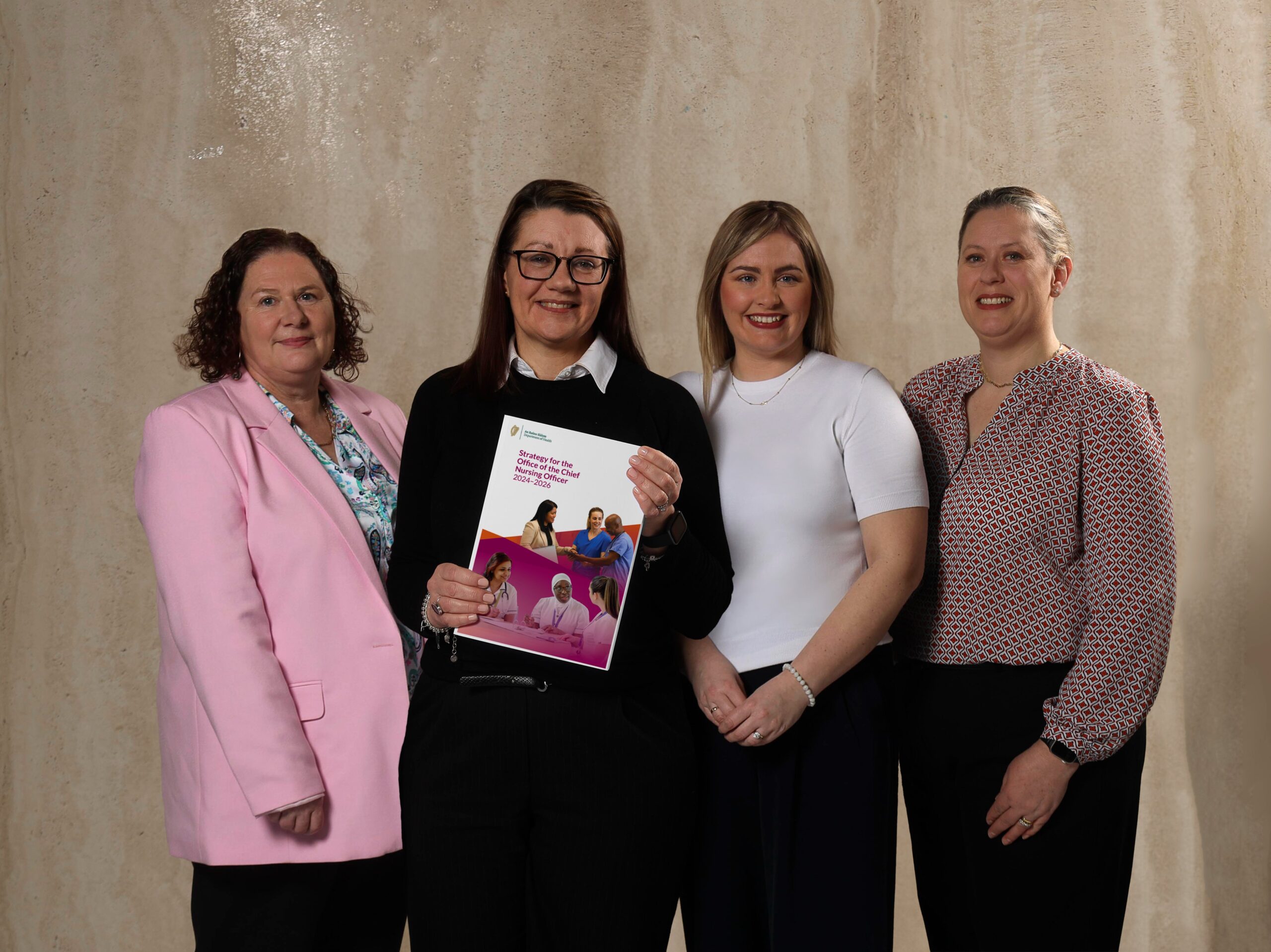Ireland’s medtech success – there’s nothing lucky about it

*The views expressed are not necessarily those of Emergency Services Ireland but rather of John Von Benecke*
John von Benecke, CEO of Locate Bio, analyses how the combination of R&D from the universities and tax grants along with other incentives for early stage companies allow companies to thrive in Ireland.
Over the past several decades Ireland has created a rich and vibrant medtech ecosystem that plays a substantial role in the global industry. Undoubtedly, recognition of the significant accomplishments achieved to date is duly deserved for a country of just five million people, which fuels some of the world’s largest medtech companies with its leading research and manufacturing operations. The sector currently employs around 32,000 people across more than 300 companies, with direct exports of medical products to 95 of the top 100 countries (ranked by GDP), amassing a value approaching €12.6 billion per annum.
This international success hasn’t happened by accident or overnight. Growing a world-leading industry starts with cultivating an environment in which newly founded companies can plant their ideas, be nurtured through the highs and lows of early development, and grow into international leaders.
Since the publication’s inception in 2006, The World Bank has consistently ranked Ireland as ‘very easy’ to do business in, the highest classification in their annual ‘Doing Business’ report. With the basics of doing business in Ireland well catered for, Ireland additionally provides a comprehensive set of research, development, and innovation tax credits, providing cash flow that is particularly important for early-stage companies. Furthermore, Ireland benefits from a low corporate tax rate and further tax advantages specifically for the development, holding and use of intellectual property through the Knowledge Development Box regime.
For all medtech start-up companies, significant time and money is needed for research and development before products can be brought to the market. During this time, companies are not able to generate sales and therefore require access to funding. Businesses in Ireland benefit from substantial financial support through Enterprise Ireland and the Irish Development Agency, which contribute to a business environment optimised for young, ambitious start-ups, irrespective of industry focus. Another vital element of a favourable funding environment within the Irish medtech sector is local access to both an active angel investor network and leading healthcare-focused venture capital firms based in Ireland.
But before funding you need people and you need ideas. For the medtech industry, Ireland boasts several world-renowned universities with a strong focus on healthcare, where both can be found in abundance. These universities deliver significant advancements to global scientific understanding and provide a pool of highly skilled talent and innovative thinking, without which no healthcare company could succeed.
A number of renowned scientific hubs of excellence have been established around these universities, including Galway and Dublin. These provide the critical mass of talent enabling companies to grow their businesses, shortening the learning curve of each new employee brought into a high growth company. In addition, these academic institutions are producing really innovative and exciting technologies that have huge transformative potential. For example, at Locate Bio we recently acquired several late-stage orthobiologics assets from Dublin’s Royal College of Surgeons that address a significant unmet medical need and which, we believe, have the potential to disrupt the market that we operate in. We have been very impressed by the exceptional science from the University’s research team.
The need for innovative medical products and fresh thinking has never been greater. The combination of ageing populations, increasing prevalence of chronic health conditions, increasing societal expectations of care, rapidly rising costs, and the recent increase in regulatory burden within the European Union all contribute to the endemic complexity of western healthcare systems. Solving these complex challenges can only be achieved when people bring together skills, ideas and perspectives from different fields. Ireland can proudly cite the fantastic example of such collaborative problem solving through its BioInnovate programme.
The BioInnovate programme brings together academia, clinicians, and industry to work on identifying unmet clinical needs that could be solved with innovative medical technology. The significant impact of programs like this in Ireland cannot only be measured by the number of new, exciting companies created but by the shared learning and experiences, which will benefit all team members in the future. All participants gain a considerable appreciation of the other team members’ perspectives, equipping them to solve problems more efficiently in the future.
The importance of ‘acting locally, thinking globally’ in the formation of Ireland as a medtech powerhouse is well supported by countless international healthcare conferences held there each year. They showcase Ireland’s leading medtech capabilities and attract medical practitioners and investors from all over the world.
Ultimately, Ireland has all the essential elements in place to allow early-stage companies to thrive. Many of these medtech companies will grow to become small to medium enterprises, whilst some will eventually grow to become amongst the largest in the world. Either way, by facilitating collective learning and access to capital, Ireland provides a fertile ground for the medtech industry.
Source: www.med-technews.com
You might also like
For relevant updates on Emergency Services news and events, subscribe to EmergencyServices.ie









